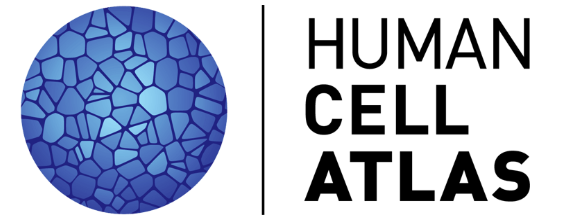About the Human Cell Atlas
What is the Human Cell Atlas?
The Human Cell Atlas (HCA) is an international collaborative research consortium that is mapping all cell types across the human lifespan, to drive major advances in healthcare and medicine worldwide.
The first draft Human Cell Atlas is being assembled from maps of 18 different important organs and tissues such as the heart, liver and immune system. The first initial Atlases from the Lung, Nervous System, Eye and Organoid Biological Networks are already available on the HCA Data Portal, with more coming over the next year.
The initial HCA atlases are already transforming biology and medicine, and the first draft Human Cell Atlas will be a major scientific milestone. Looking forward, the HCA will create a three-dimensional, globally representative Atlas to cover the whole body.
The HCA is committed to creating an open, ethical, equitable and representative atlas for humanity, which will benefit communities worldwide. This requires a global effort and the generous contribution of many funders worldwide. HCA membership is open to the entire scientific community across the world – join us here.
Why do we need cell atlases?
Cells are the building blocks of the human body, but we still do not know all the types of cells that create human anatomy. We need maps of all the different cells and their functions to understand how the human body works and what goes wrong in disease.
Discoveries from the HCA community are already informing medical applications from diagnoses to drug discovery. While our main focus is on the healthy body, the Human Cell Atlas is already providing insights into cancer, COVID-19, cystic fibrosis, bowel, heart and lung diseases and many other illnesses. The Atlas will lead to new ways of diagnosing and treating illness, and will transform future healthcare, ultimately leading to a new era of precision medicine.
Impacts of HCA research include driving advances in disease modelling using mini organs (organoids), and on medical diagnostics for inflammatory bowel disease and cancer. New computational tools have highlighted potential new drug and cell targets, and understanding the developing immune system has provided critical information for engineering therapeutic T cells. HCA researchers are also tackling diseases with high unmet need in low- and middle-income settings, such as tuberculosis, and are ensuring human diversity is covered to enable progress towards equitable health care.
HCA Snapshots in Time
The international Human Cell Atlas Consortium was co-founded in 2016 by Dr Aviv Regev and Dr Sarah Teichmann. Since then, the open global initiative has grown to encompass thousands of scientists in every inhabited continent.
Technology
Using cutting-edge single cell and spatial genomics at massive scale, combined with powerful computing and AI methods, HCA researchers are uncovering the intricate details of how the genes in our cells shape life.
By revealing which of the 20,000 genes in an individual cell are switched on, scientists are able to discover new cell types and functions. With additional rapidly-evolving spatial analysis methods, these individual cells can be mapped into precise locations in organs and tissues.
Creating the Human Cell Atlas is an enormous undertaking, larger even than the Human Genome Project, and is revolutionising our understanding of the 37.2 trillion cells in the human body. If the Human Genome Project gave us the “book of life”, the Human Cell Atlas captures how each cell in the body reads this book. It is only possible now thanks to global collaboration, technological and computational breakthroughs, and science at great scale.
For more information
See the HCA White Paper from 2017 and our manifesto for an in-depth overview of the project. These reveal the framework for the first draft of the atlas; descriptions of the technology, data analysis tools, and data coordination required, as well as a deeper look at biological systems we are exploring and mapping; and details on the organization and governance of the HCA.
For further information you can also see our FAQ.



